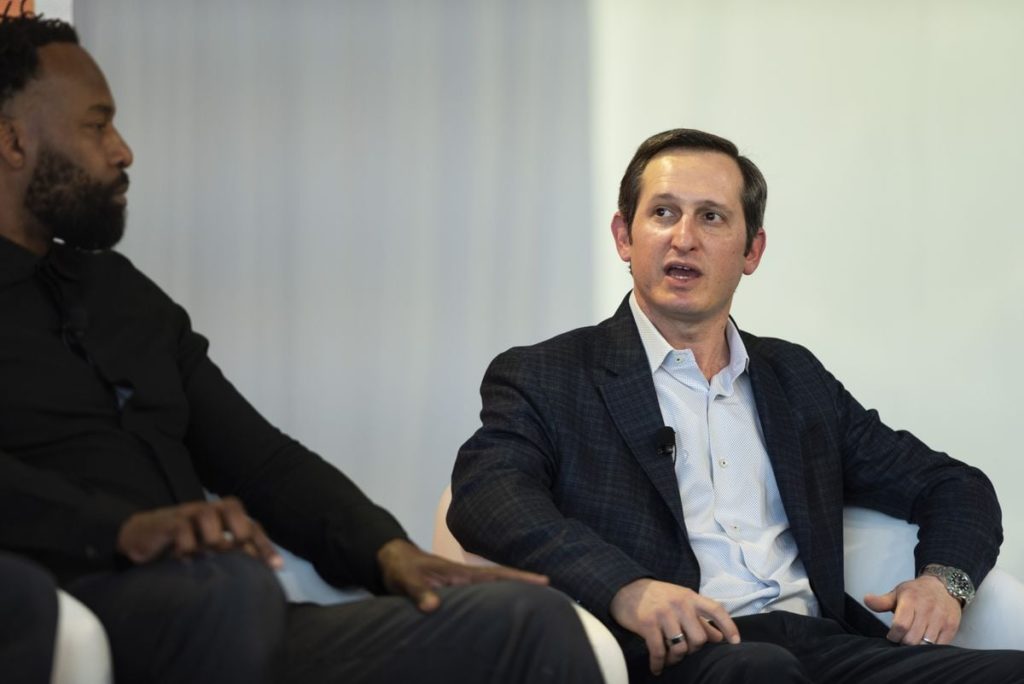Tabla de contenidos
After quickly abandoning a plan to tax winning bets in states with high sports betting taxes, DraftKings (NASDAQ: DKNG) CEO Jason Robins says the company is seeking workarounds in jurisdictions with burdensome tax structures.
At the Bank of America’s Gaming and Lodging Conference last week, Robins acknowledged DraftKings customers scoffed when it proposed a small levy on winning sports bets placed by clients in Illinois, New York, Pennsylvania, and Vermont to deal with the elevated taxes in those states.
Clearly, this was something that our customers — they didn’t like this type of solution,” Robins said at the conference. “Our thinking behind it was, well, we can invest more in promo for you and other things because we’re going to be collecting more upfront. But we got feedback that people didn’t like this particular solution, so we changed it.”
After announcing the surcharge plan on August 1, DraftKings reversed course less than two weeks later as none of its rivals followed suit. Though the company didn’t say the two events were linked, DraftKings scrapped the surcharge plan on August 13, the day on which FanDuel parent Flutter Entertainment (NYSE: FLUT) reported second-quarter results and told investors it had no plans to follow its competitor on the tax on winning bets gambit.
Robins Looking for Ideas to Contend with High Taxes
While Robins didn’t mention specific ideas, he said the gaming company he co-founded is examining avenues through which it can better contend with some states’ high taxes on online sports betting.
Of the quartet mentioned above, Illinois and New York are particularly problematic for operators because the former recently implemented a graduated tax scheme that subjects the biggest internet sportsbooks, such as DraftKings and FanDuel, to higher taxes than smaller rivals while New York taxes sports wagering at 51% across the board — the highest rate of any large state.
“The bottom line is, at some point, I guess it depends on what happens in other states, but I don’t think that in perpetuity, it will make sense for anybody to completely just eat any tax increase that happens anywhere,” said Robins at the conference.
Some analysts have speculated that either or both of Illinois and New York could pass iGaming legislation next year, and that would be an avenue through which operators such as DraftKings could offset some of their sports betting tax exposure.
Other Legislative Issues Confounding Gaming Companies
Shares of DraftKings are up 5.47% year to date – a tepid showing relative to some peers and broader domestic equity benchmarks. One reason the stock has been lethargic in 2024 is because there’s been little of note in terms of positive legislative action.
No large states legalized online sports betting this year and the number of states allowing iGaming remains the same at six. With less than four months left in the year, there’s little hope of either scenario changing. Still, DraftKings could realize long-term tailwinds.
“DKNG’s total addressable market should increase over the next 3-5 years as states legalize sports betting,” noted Zacks Equity Research. “As budget deficits continue to balloon, more states will likely turn to sports betting as a much-needed tax revenue source.”
The post DraftKings CEO Jason Robins Seeks Alternative for Fighting High Taxes appeared first on Casino.org.
